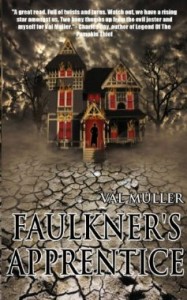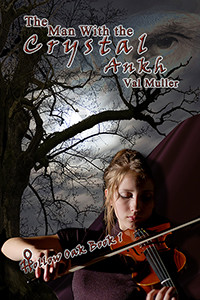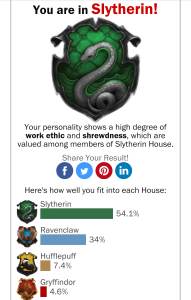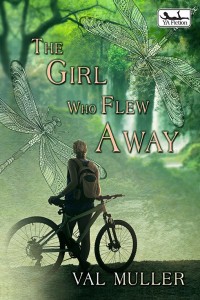Even back in June, I saw people posting on social media about October 13. These fans of October, Autumn, and Halloween were excited that October this year “features” a “Friday the 13th.”
Sure, there are the realists out there who would insist that “a day is just a day,” no matter what it’s called or numbered, but to me there is something special about the fact that so many people come together to celebrate the same thing.
For October 13th–a Friday–it’s a chance for Halloween and horror fans to binge-watch films in the Friday the Thirteenth series. Or have an early Halloween party. Or simply take a walk in the autumn darkness and enjoy the ambiance. In any case, the arbitrary date is a time for celebration.
And really, this is the case with most holidays. They are each a chance for people to come together and celebrate something simultaneously. An excuse to step back from routine and appreciate–as Ray Bradbury puts it–the knowledge that we are alive.
While many holidays have become subject to commercialization, I still enjoy the unity holidays bring us. Like literature, in which characters experience things we all consider or confront at some point in our lives, these holidays remind us that we are not alone.
 In this spirit, I wanted to reflect on the eclipse that happened on August 21, 2017. I was at work, doing teacher prep work at my school. Most teachers were locked in their classrooms all day, frantically preparing lessons and making copies for the students’ immanent arrival. I didn’t hear anyone talking about the eclipse, and I thought I might be the only one dorky enough to bring my eclipse glasses. But when I snuck out to see if the eclipse had started, I was met by the principal and secretary, sneaking back in from doing the same thing. When I went out close to the “peak” of the eclipse, I found several already gathered.
In this spirit, I wanted to reflect on the eclipse that happened on August 21, 2017. I was at work, doing teacher prep work at my school. Most teachers were locked in their classrooms all day, frantically preparing lessons and making copies for the students’ immanent arrival. I didn’t hear anyone talking about the eclipse, and I thought I might be the only one dorky enough to bring my eclipse glasses. But when I snuck out to see if the eclipse had started, I was met by the principal and secretary, sneaking back in from doing the same thing. When I went out close to the “peak” of the eclipse, I found several already gathered.
 The science teachers provided a few quick lessons to the rest of us, and those of us with glasses loaned them to those who did not. We marveled at how the eclipse left crescent-shaped patterns in the tiny dots of sunlight created between the leaves in the trees. We looked around at how the cloudless sky seemed dimmer somehow, like someone replaced the sun with a 40-watt bulb.
The science teachers provided a few quick lessons to the rest of us, and those of us with glasses loaned them to those who did not. We marveled at how the eclipse left crescent-shaped patterns in the tiny dots of sunlight created between the leaves in the trees. We looked around at how the cloudless sky seemed dimmer somehow, like someone replaced the sun with a 40-watt bulb.
At several points, teachers commented that it was probably time to get back to our classrooms. Indeed, we all had work to do, but we hesitated. There was something about that moment, about being together, that we knew would evaporate as soon as we set foot in the building and resumed “life as usual.”
We did eventually return, but my afternoon was interrupted by friends and family texting to let me know where they were and whether the viewing conditions had been favorable for eclipse viewing. We all had other things to do, but there was a shared knowledge–even if subconscious–that the togetherness of this moment transcended the daily tasks that would be forgotten in a week’s time.
It’s easy to get dragged into day-to-day details and stresses. And of course there are necessary chores we must do each day, some on which our lives and the lives of other depend. These chores will always be there waiting. They will always need to be done. But our memories are structured for serendipity. For days of coming together. For the Thanksgivings and Halloweens, the fireworks and the chocolate hearts. Even the lesser known celebrations, like an office having a bake-off for National Chocolate Chip Cookie Day or the people sharing pet photos for National Dog Day. In any case, look for the serendipities of the world and embrace them. They are the fabric from which memories are woven.












